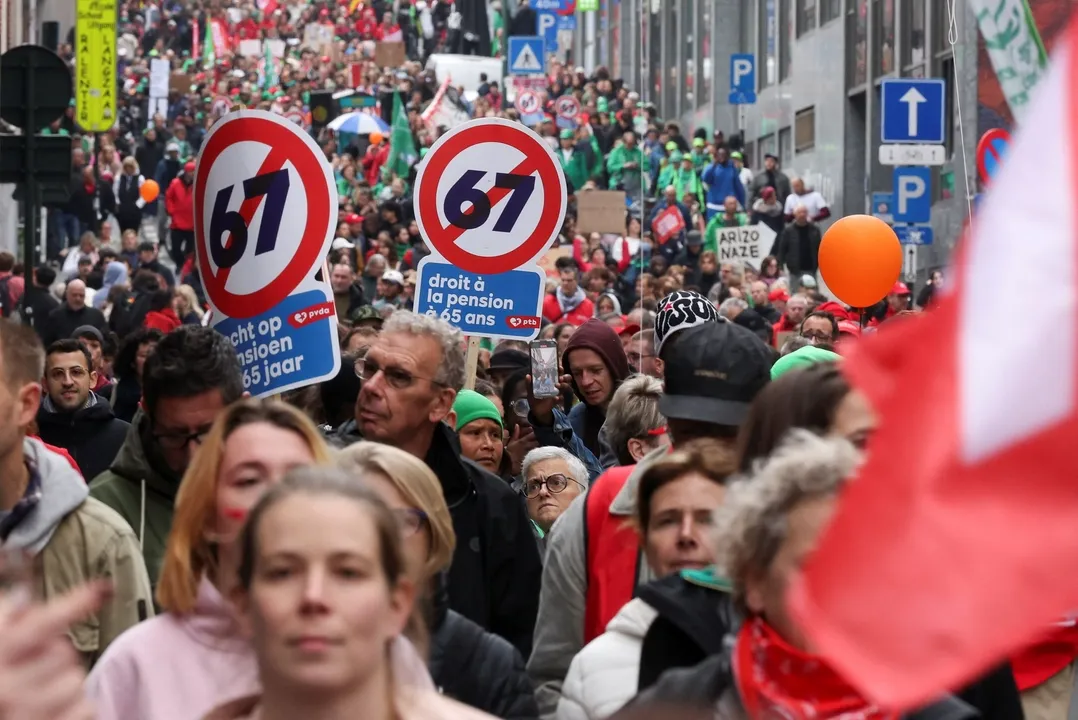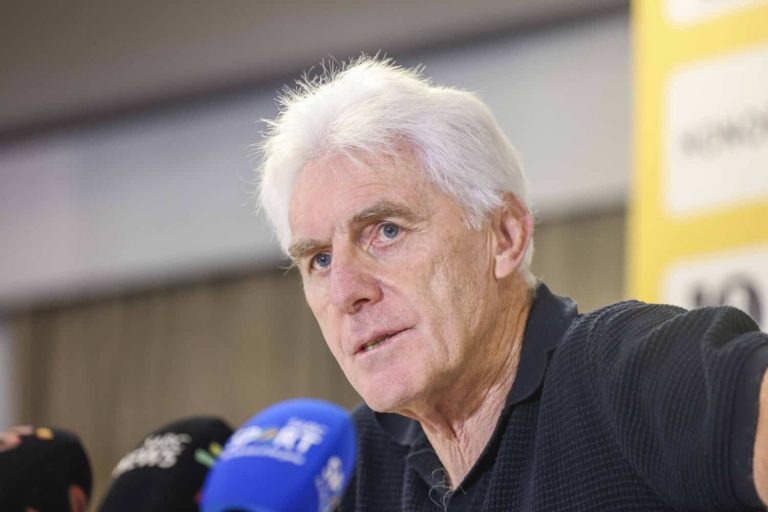
Belgium braced for major disruption on Monday as three days of nationwide strikes began, targeting government austerity measures aimed at reducing the country’s soaring national debt.
Schools closed, trains ran at reduced capacity, and air travel faced delays, highlighting the growing tensions between unions and Prime Minister Bart De Wever’s administration.
The strikes are being staged in three phases:
Monday: Public transport, including trains and trams, were affected. The national railway, SNCB, expected to run only one or two out of every three trains, while several Eurostar services between Brussels and Paris were cancelled.
Tuesday: Public services, including schools, nurseries, and hospitals, are set to join the action.
Wednesday: Unions have called for a full general strike, covering all sectors. Brussels’ two main airports, Zaventem and Charleroi, are expected to halt operations entirely.
The action comes amid a standoff between Belgium’s major unions and De Wever, whose five-party coalition is pushing through austerity and structural reforms designed to rein in public spending and increase revenues.
Hours before the strike began, the coalition reached an overnight agreement on a multi-year budget plan, which includes tax hikes and government savings, as well as increased military spending.
“Work today, and reap the fruits tomorrow,” De Wever said in a post on X, acknowledging the scale of the challenge. “Everyone is going to feel some of the impact of what we are asking for.”
Since taking office in February, the Flemish conservative has sought to implement reforms affecting pensions, unemployment benefits, and labour market regulations.
However, only a fraction of these proposals have been enacted, largely due to divisions within his coalition.
The unions have framed the strikes as a direct challenge to the government’s approach. “This is an appeal to Prime Minister De Wever and the entire government to put an end to the dismantling of social programs,” a press release stated.
The socialist union FGTB accused the Prime Minister of showing “contempt” and “disrespect” toward the social movement.
Earlier protests have drawn tens of thousands of demonstrators to the streets of Brussels, denouncing what they called “brutal” budget cuts, and the latest strikes underscore the deepening public opposition to the government’s austerity agenda.



